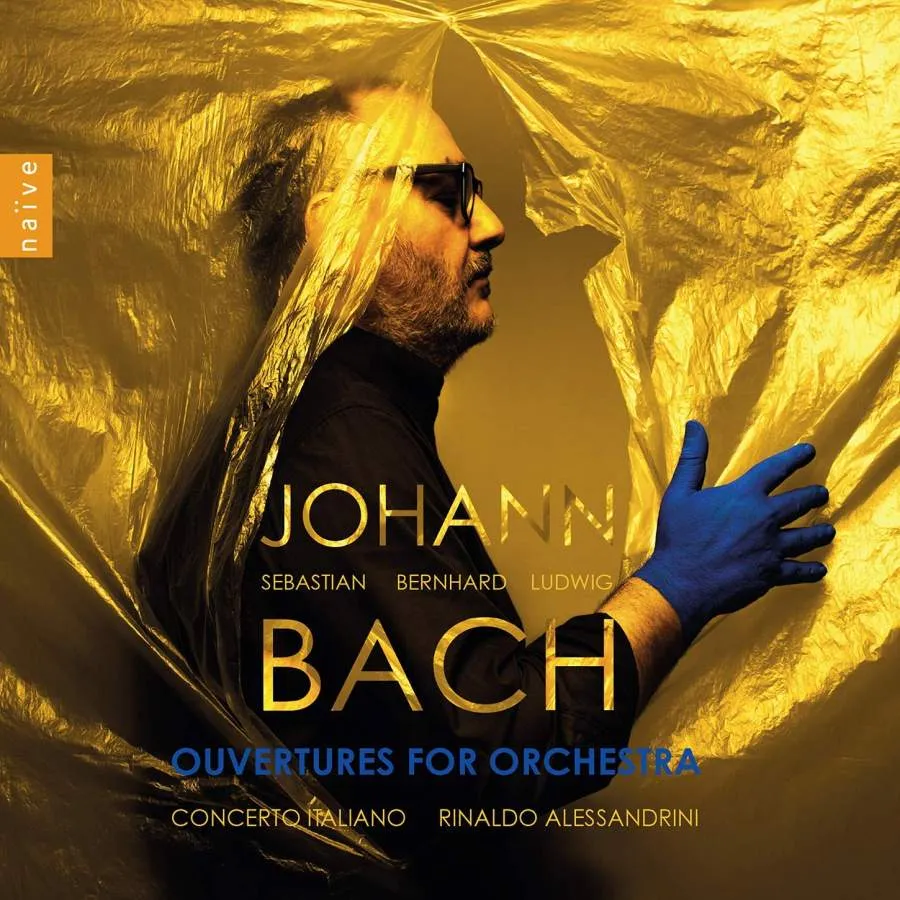
JB Bach • JL Bach • JS Bach JS Bach: Orchestral Suites Nos 1-4, BWV1066-1069; JB Bach: Suite No. 3 in E minor; JL Bach: Overture in G Concerto Italiano/Rinaldo Alessandrini (harpsichord) Naïve OP 30578 129:52 mins (2 discs)
Historically-informed period-instrument performances these may be, but, as one might expect from the vivacious past performances and recordings by Rinaldo Alessandrini and his Concerto Italiano, nothing sounds doctrinaire. Each of the stately openings of JS Bach’s four Orchestral Suites, or Overtures as the composer called them, is taken differently. While Alessandrini unfolds the woodwind and string scoring of Suite No. 1 with a suave elegance, he draws out the plaintive expressiveness of the flute-led Suite No. 2. And, of the trumpet-dominated Suites in D major, No. 3 goes at a brisk French-style clip, whereas Suite No. 4 is far more ceremonious in its tread. The ensuing dance sequences are equally varied in their characterisation.
Those used to hearing these works with a substantial string body may initially be disconcerted by Alessandrini’s line-up of just five solo strings – the room in Zimmermann’s Coffee House where Bach gave his concerts, after all, was not large. But with strings clearly disposed to the left side, woodwind to the right and trumpets and drums across the back, the ear quickly adjusts to the balance.
Works by two of Bach’s second cousins, which he is known to have performed, round out the picture. The Ouverture in E minor by Johann Bernard Bach (1676-1749) is quite extensive, slightly old-fashioned in style, but not without surprises. The Ouverture in G minor by Johann Ludwig Bach (1677-1731) is crisp and succinct in its ideas. All said, though, neither approach the richly inventive memorability of the great Johann Sebastian himself.
Bayan Northcott